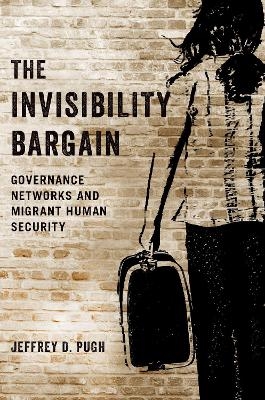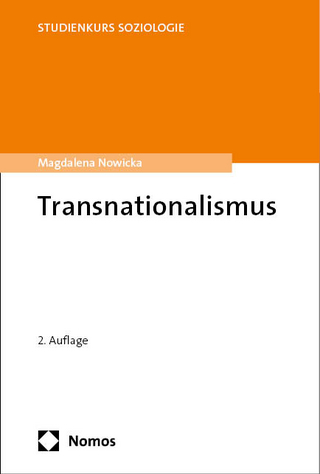
The Invisibility Bargain
Oxford University Press Inc (Verlag)
978-0-19-755391-6 (ISBN)
The Invisibility Bargain seeks to understand how migrants negotiate their place in receiving societies and adapt innovative strategies to integrate, participate, and access protection. Specifically, the book examines Ecuador, the largest recipient of refugees in Latin America, and assesses how it achieved migrant human security gains despite weak state presence in peripheral areas. Pugh deploys evidence from 15 months of fieldwork spanning ten years in Ecuador, including 170 interviews, an original survey of Colombian migrants in six provinces, network analysis, and discourse analysis of hundreds of presidential speeches and news media articles. He argues that localities with more dense networks composed of more diverse actors tend to produce greater human security for migrants and their neighbors. The book challenges the conventional understanding of migration and security, providing a new approach to the negotiation of authority between state and society. By examining the informal pathways to human security, Pugh dismantles the false dichotomy between international and national politics, and exposes the micro politics of institutional innovation.
Jeffrey D. Pugh is Assistant Professor in the McCormack Graduate School of Policy and Global Studies at the University of Massachusetts Boston, and the founding executive director of the Center for Mediation, Peace, and Resolution of Conflict (CEMPROC) in Quito, Ecuador. Pugh's research focuses on peacebuilding and non-state actors in the Global South, and he is a past president of the Middle Atlantic Council on Latin American Studies (MACLAS).
List of Acronyms Used
Timeline of Key Events
List of Figures
Acknowledgments
Chapter 1: Introduction
Chapter 2: The Invisibility Bargain
Chapter 3: Adaptive Institutions and Networked Governance
Chapter 4: Comparing Governance Networks and Human Security Outcomes in 6 Ecuadorian Provinces
Chapter 5: Evolution of the Central Actors in the Governance Network--the State, the UN, and the Church
Chapter 6: Valued Contribution and Social Invisibility in Ecuador
Chapter 7: Political Invisibility and Migrants' Networked Governance Strategies in Ecuador
Chapter 8: Conclusion
Appendix A: Translated Migration Networks Survey Instrument
Notes
Bibliography
Index
| Erscheinungsdatum | 24.02.2021 |
|---|---|
| Verlagsort | New York |
| Sprache | englisch |
| Maße | 231 x 155 mm |
| Gewicht | 431 g |
| Themenwelt | Sozialwissenschaften ► Politik / Verwaltung ► Europäische / Internationale Politik |
| Sozialwissenschaften ► Politik / Verwaltung ► Vergleichende Politikwissenschaften | |
| ISBN-10 | 0-19-755391-5 / 0197553915 |
| ISBN-13 | 978-0-19-755391-6 / 9780197553916 |
| Zustand | Neuware |
| Haben Sie eine Frage zum Produkt? |
aus dem Bereich


